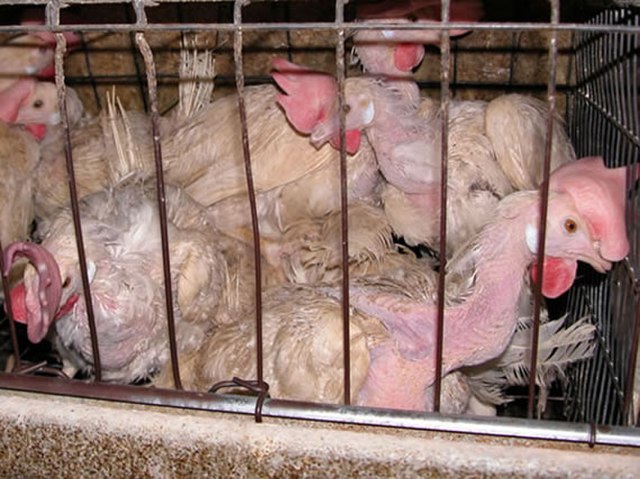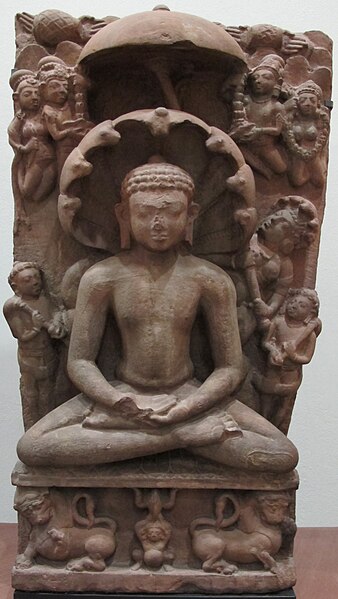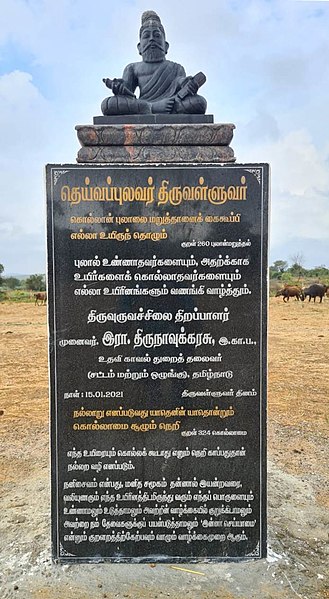Animal law is a combination of statutory and case law in which the nature – legal, social or biological – of nonhuman animals is an important factor. Animal law encompasses companion animals, wildlife, animals used in entertainment and animals raised for food and research. The emerging field of animal law is often analogized to the environmental law movement because "animal law faces many of the same legal and strategic challenges that environmental law faced in seeking to establish a more secure foothold in the United States and abroad".
Prominent animal rights scholar Tom Regan
Animal rights is the philosophy according to which many or all sentient animals have moral worth independent of their utility to humans, and that their most basic interests—such as avoiding suffering—should be afforded the same consideration as similar interests of human beings. Broadly speaking, and particularly in popular discourse, the term "animal rights" is often used synonymously with "animal protection" or "animal liberation". More narrowly, "animal rights" refers to the idea that many animals have fundamental rights to be treated with respect as individuals—rights to life, liberty, and freedom from torture that may not be overridden by considerations of aggregate welfare.
A captive monkey in Shanghai
Chickens held inside a battery cage in a factory farm
Parshvanatha, the 23rd Tirthankara, revived Jainism and ahimsa in the 9th century BCE, which led to a radical animal-rights movement in South Asia.
The c. 5th-century CE Tamil scholar Valluvar, in his Tirukkural, taught ahimsa and moral vegetarianism as personal virtues. The plaque in this statue of Valluvar at an animal sanctuary in South India describes the Kural's teachings on ahimsa and non-killing, summing them up with the definition of veganism.





